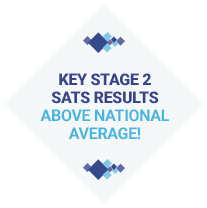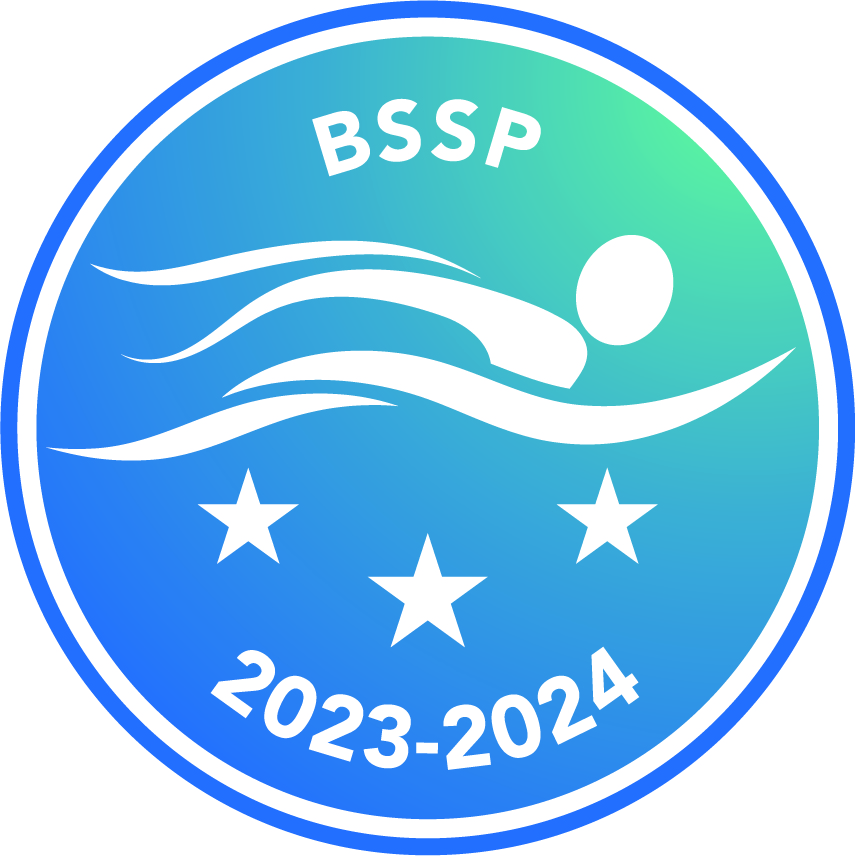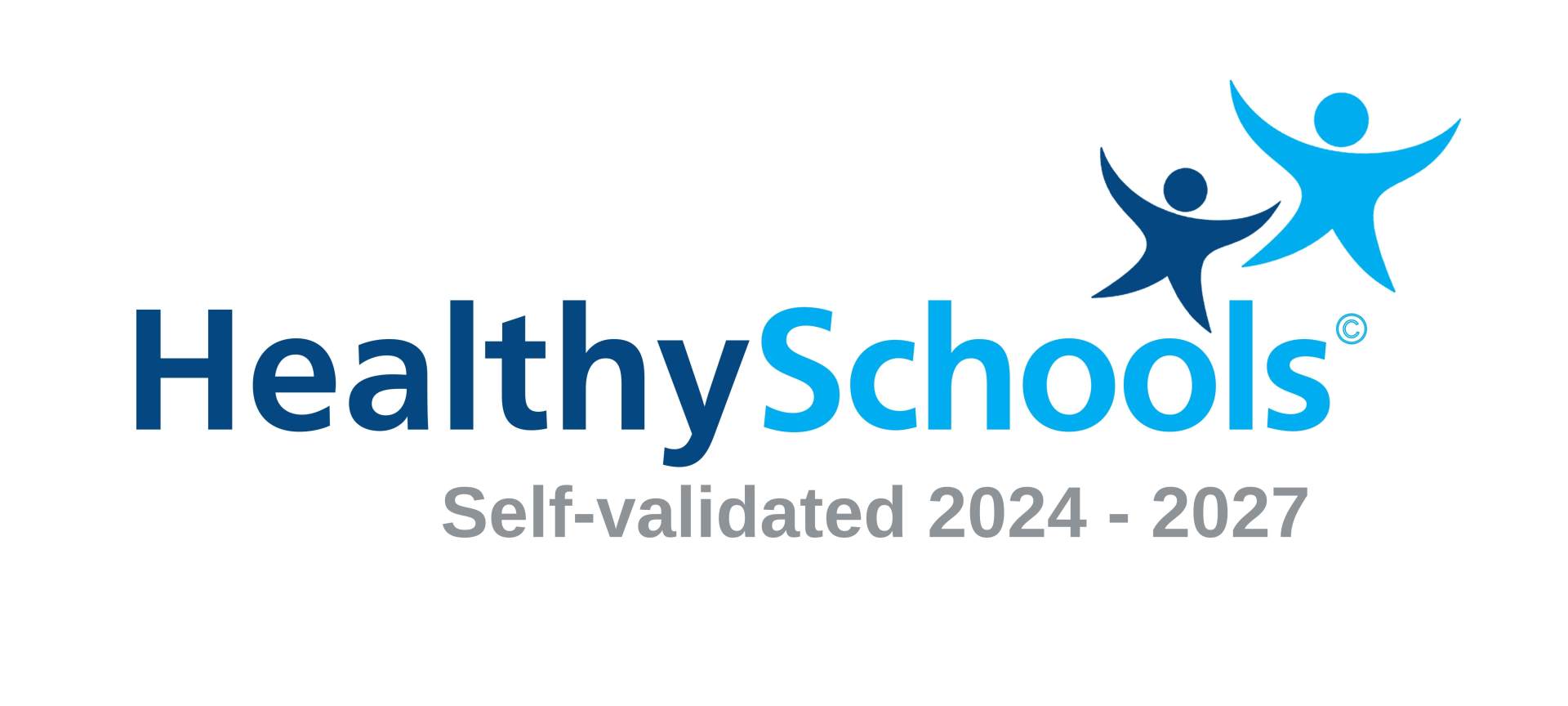Significant & Inspirational Scientists
EYFS Science Recommended Reads
Year 1 Science Recommended Reads
Year 2 Science Recommended Reads
Year 3 Science Recommended Reads
Year 4 Science Recommended Reads
Year 5 Science Recommended Reads
Year 6 Science Recommended Reads
Science
‘I am among those who thinks that science has great beauty.’ Marie Curie.



Science at Buckingham Primary School
Intent - What do we want children to learn and why?
Science is what young children do: they experiment and discover. With this in mind, as well as the rapidly changing world in which we all live, at Buckingham Primary School we have a high-quality, inclusive science curriculum which encourages curiosity and invites our pupils to ask questions about the world around them. Through our science lessons, we aim to equip all children with the knowledge and skills to answer scientific questions and to instil a life-long love of learning.
Science is in every fibre of our lives and at Buckingham Primary School we encourage our pupils to understand how the subject can be used to explain what is happening in the world around them based on the main principals of biology, chemistry and physics; substantive knowledge. We aim to develop young scientists who are equipped with the scientific knowledge required to understand the methods, processes and uses of science, for both today and for the future. Staff at Buckingham Primary School aim to encourage all of our pupils, from our Early Years Foundation Stage through to Year 6, to appreciate that which is intrinsically awesome and wonderful about scientific concepts.
Implementation – How do we teach science at BPS?
At Buckingham Primary School, we follow the National Curriculum Programme of Study for Science using the Snap Science scheme of work, from Collins Connect, to teach biology, chemistry, physics and working scientifically.
The National Curriculum has been broken into modules which are organised logically to ensure that all substantive and disciplinary knowledge is taught and learnt well, at an appropriate time of the year, and in an order which is underpinned by a clear progression. Within this, scientific ideas, skills and vocabulary have all been sequenced to make sure that children’s learning builds on prior understanding.
Snap Science Long Term Plan Y1 - Y6 Science Reception - Understanding the World
Science Home Learning Activity Links
In addition, by using these Snap Science long term plans we also ensure that the maths and literacy skills children use in their science lessons are appropriate. Consequently, this ensures cohesion between the three core subjects.
In every science topic, the children have the opportunity to ask questions, develop enquiries, plan investigations, collect data, conclude, evaluate and present findings. Enquiry types are used appropriately and working scientifically skills are explicitly taught and used, with clear links to how scientists, including named historical and contemporary figures, work.
In each lesson, formative assessment strategies are used to elicit children’s prior knowledge, so that learning always progressive and termly assessments take place to enable teachers and pupils to proactively address misconceptions.
Teaching at Buckingham Primary School is enriched with an extensive range of science extracurricular activities including STEM workshops, STEM ambassador visitors, assemblies and a wide range of science themed visits e.g. Oxford Natural History University Museum, National Space Centre and Stowe Landscape Gardens.
Impact – On leaving BPS, children will…
Children leave Buckingham Primary School ready for their next stage of scientific education in KS3 with a thirst for knowledge and confidence in the core scientific disciplinary skills.
The success of Science at Buckingham Primary School can be measured by the appreciation and deep curiosity that our children show for the world around them. All children develop a rich body of substantive knowledge hand-in-hand with the required core disciplinary knowledge, which is assessed regularly by class teachers through ongoing formative assessment.
Science is also formally assessed at three key points throughout the academic year, in line with the other core subjects of English and maths, using the HeadStart Primary assessment materials. This enables teachers to assess pupil’s progress against the Science National Curriculum Programme of Study Statutory Requirements. All teaching staff complete a gap analysis spreadsheet to pin point specific areas of substantive knowledge that specific children need to revisit to make accelerated progress in science, which, in turn, informs future planning.
Home learning links:
Please find below some links to useful science websites to further engage your child with science at home:
- Explorify: https://explorify.uk/teaching-support/whats-new/explorify-during-school-closures
- STEM learning: Primary resources for home learning | STEM
- Natural History Museum: https://www.nhm.ac.uk/schools/teaching-resources.html?gclid=EAIaIQobChMIgYGewLTq6AIVyed3Ch0_zwX8EAAYASAAEgJtgPD_BwE
- James Dyson Foundation (Engineers of the Future): https://www.jamesdysonfoundation.co.uk/
- BBC BITESIZE KS1 Science: https://www.bbc.co.uk/bitesize/subjects/z6svr82
- BBC BITESIZE KS2 Science: https://www.bbc.co.uk/bitesize/subjects/z2pfb9q
- Science Kids: https://www.sciencekids.co.nz/
- NASA kid’s club: https://www.nasa.gov/kidsclub/index.html
- National Trust 50 Things to do before you are 11 and 3/4s: https://www.nationaltrust.org.uk/features/50-things-to-do-before-youre-11--activity-list
- National Geographic for kids: https://www.natgeokids.com/uk/






